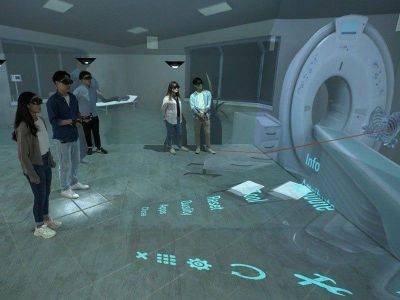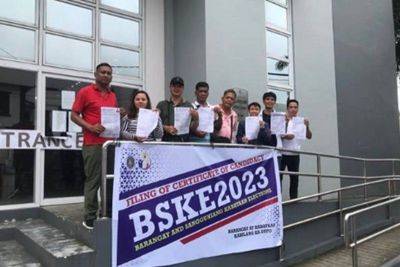How teachers, school leaders can embrace use of AI tools in the classroom
HONG KONG, People's Republic of China — Students’ unhampered access to popular generative artificial intelligence (AI) tools to help create their outputs has ushered in what teachers and experts believe to be a black swan moment for education.
But discussions on AI tools in education should not just be confined to student outputs, school leaders and advocates of education technology said, as educators now have the prime opportunity to learn how AI can help free up their administrative workload to give them more time — and energy — in the classroom.
Hong Kong and Asian educators part of a panel discussion in this year’s EdTech Month Summit said that AI tools are both revered and feared for their potential to radically shake up the education sector — and for good reason.
While there has been a lot of hand-wringing among educators on the use of AI in class, teachers can also tap into existing AI tools “to revamp their traditional ways of assessing students’ work,” said Joseph South, Chief Learning Officer at the International Society for Technology in Education.
Traditional assessment methods — like scoring students’ quizzes or grading submitted outputs — have remained largely unchanged since the 19th century, South said, which makes it high time for AI to speed along the process of allowing educators to “create assessments that are not only relevant but also personalized to each student's learning journey.”
But an AI tool doesn’t just allow for faster ways of scoring students’ tests but also a more effective approach to “personalizing” lessons, the panelists said.
“We (educators) usually like to advocate for a student-centered learning model. With AI, you can truly hyperpersonalize,” South said during the panel discussion on Thursday.
“Think of a child learning French - you can tailor vocabulary lessons to his hobbies, like football, and other things they care about. With AI, teachers can also better support students with disabilities by providing targeted one-on-one assistance,” he added.
But teachers should also not depend on AI to establish relationships with students, Benjamin Sheridan of 407 learning said, adding that educators must ensure that AI enhances,







